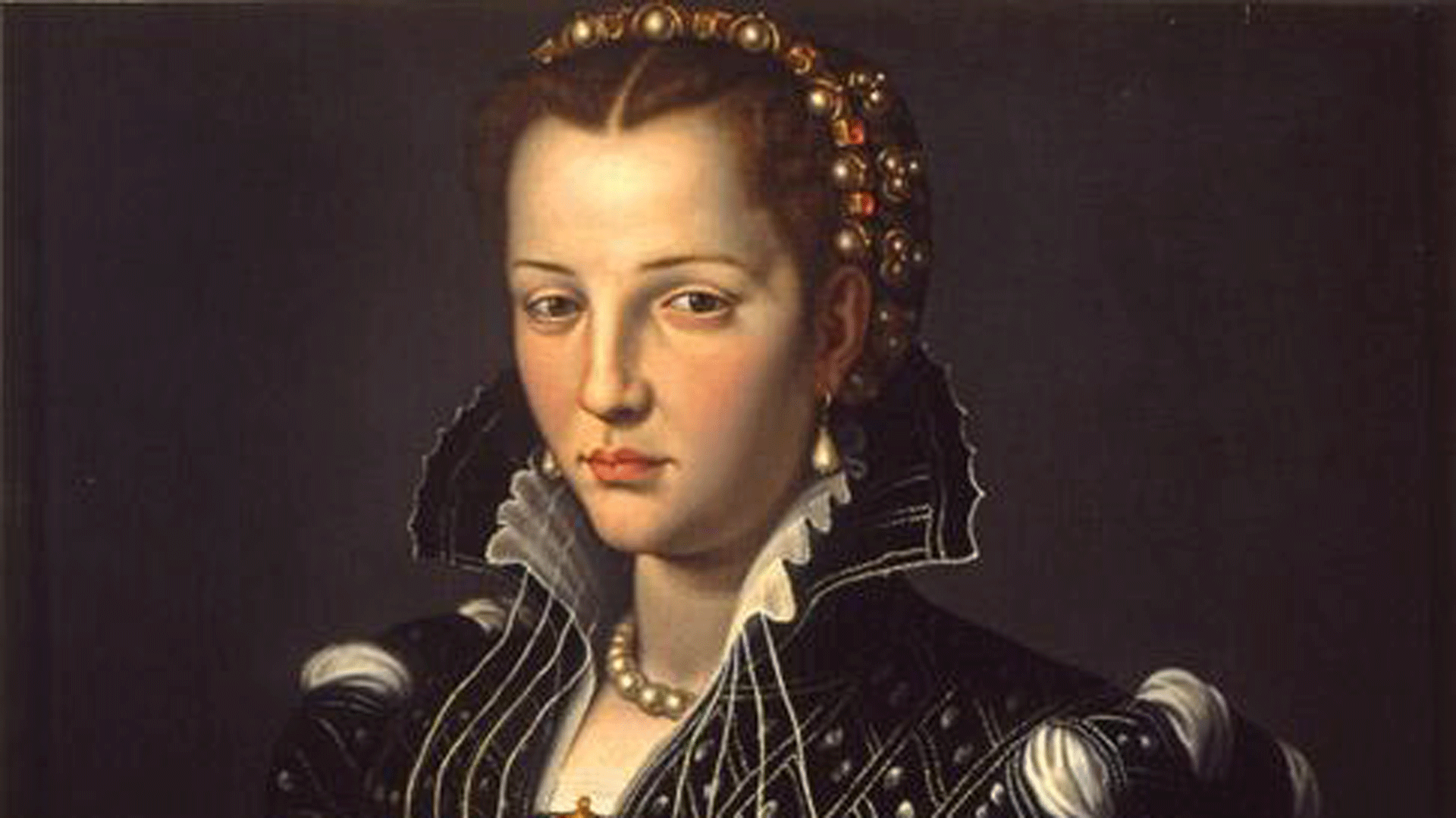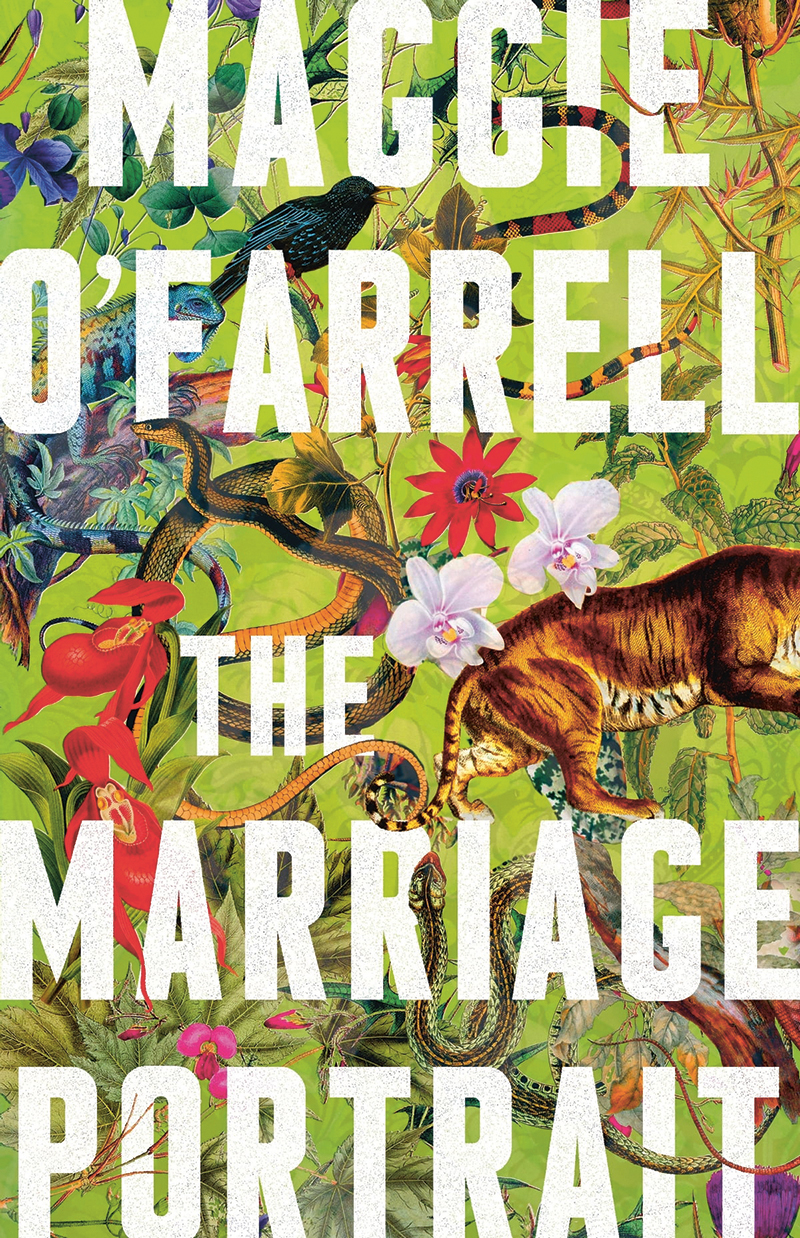Maggie O’Farrell’s latest novel, The Marriage Portrait, is so deliciously good that I gobbled it rapidly down, like a toddler face-planting into a long-awaited birthday cake. But this is a story to be savoured. In the same vein as her widely lauded Hamnet, this historical fiction imagines the experiences of Lucrezia de’ Medici, the Italian noblewoman alluded to in Robert Browning’s famous poem My Last Duchess.
According to the historical note prefacing the book, in 1561, a 16-year-old Lucrezia died within a year of entering the court of her husband, the Duke of Ferrara, Alfonso II d’Este, a man almost twice her age. What follows is a narrative that teases our anticipation of Lucrezia’s murder by her husband, the beastly duke.
The chapters move non-linearly through her history – slipping memorably between the afternoon of her conception, childhood and charged scenes from her married existence. With characteristic warmth, O’Farrell transports readers into the inner sanctums of the rich and their servants in Renaissance Italy. From birth, our heroine is unbeloved by her mother, Eleanora de’ Medici, who resents a “wildness in the baby’s character”. Her nurse acts as a substitute mother for this lonely child. Days in the palazzo are confined to strict routines: lessons, prayers, meals. As she grows, Lucrezia becomes a gifted artist, finding solace in drawing. The canvas offers her the space to imagine other worlds beyond the domestic. She creates secret “underpaintings” – magical works that she hides by daubing over them. This is her quiet resistance.
When Lucrezia’s parents suddenly explain that she must marry her dead sister’s fiancée, the duke, her shocked refusal is dismissed. Despite the wily efforts of her nurse to delay the marriage, Lucrezia is soon trapped into a bridal gown, and shipped off to her new husband. Her role is to bear heirs. When she does not provide the son that the duke requires, she fears brutal consequences. The tale tenterhooks on the challenge of Lucrezia’s survival in these treacherous environs; this child-turned-duchess, who may outwardly pretend compliance, but inside is yearning. As a heroine, Lucrezia is a wonder of O’Farrell-ine proportions; I cherished her.
Annie Hayter is a writer and poet
You can buy The Marriage Portrait from The Big Issue shop on Bookshop.org, which helps to support The Big Issue and independent bookshops.










